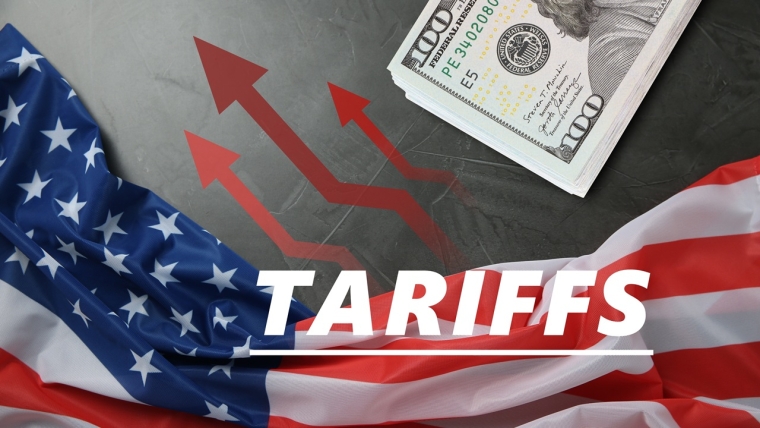
It's unlikely New Zealand could have done 'better' than the 15% tariff it's been hit with by the US, according to ASB economists.
In ASB's Economic Weekly, chief economist Nick Tuffley says "it would have been quite an ask" to do better, given that NZ runs trade surpluses with the US for both goods and services.
"Australia is still being slapped with a 10% tariff despite running a trade deficit with the US, being a strong defence ally, and even having a free trade agreement with the US, all more favourable positions than NZ when it comes to American considerations," Tuffley said.
NZ will have to adjust to upwards of $1.4 billion of potential trade costs, which is the tariff bill US importers will need to pick up on the current value of NZ’s goods exports.
"Whether it is lost sales or thinner margins, a proportion of that bill will impact NZ exporters unless US consumers prove to have unwavering appetites for NZ products," Tuffley said.
"There is an element of being punished because NZ has great scenery and because Americans want to eat far more hamburgers than the Duttons on Yellowstone ranch can produce beef for,' he said.
Tuffley said the very fact that countries running deficits with the US are still getting taxed suggests the tariffs are about more than just righting bilateral trade flows.
"The US appears to be in effect demanding tribute from the rest of the world, which has benefitted from a long Pax Americana that came at considerable expense to the American taxpayer."
Tuffley said while the tariff facing NZ was only five percentage points higher than that originally announced, it may be more difficult to absorb by local exporters.
"The relativities also matter. Australia will have a slight edge over NZ for its beef and wine exports, while NZ will remain on a level playing field vs. European wine exporters.
"NZ is at a slight disadvantage relative to Chile and Argentina, which both export food and wine and have a 10% tariff, but for the time being NZ has an advantage over Brazilian beef. Most of the relative differences aren’t big, but could matter at the margin over time."
Tuffley thought that out of NZ’s biggest goods exports - beef, dairy, wine, wood and electrical machinery - it is likely that wine is affected the most though a combination of consumer price sensitivity and a slight tariff advantage for some exporters.
"Beef, which is the biggest single NZ export to the US, may be more resilient: the US relies on imports and domestic production has been static for years. But the Aussie Butcher has a slight edge.
"More widely, impacts on global growth will remain, even though a degree of certainty is being reached for most countries." Tuffley said.

We welcome your comments below. If you are not already registered, please register to comment
Remember we welcome robust, respectful and insightful debate. We don't welcome abusive or defamatory comments and will de-register those repeatedly making such comments. Our current comment policy is here.